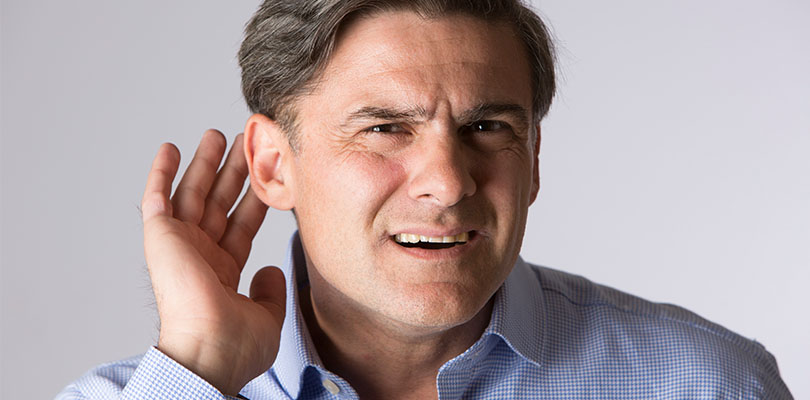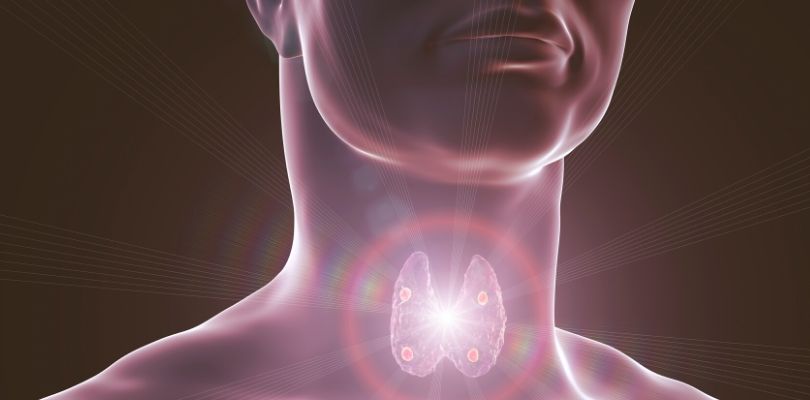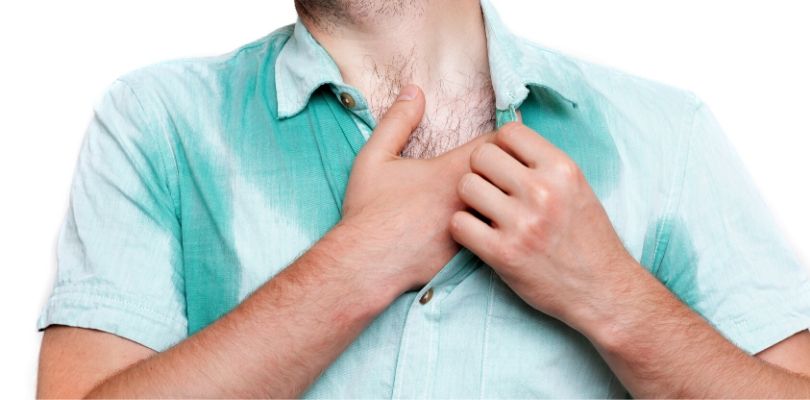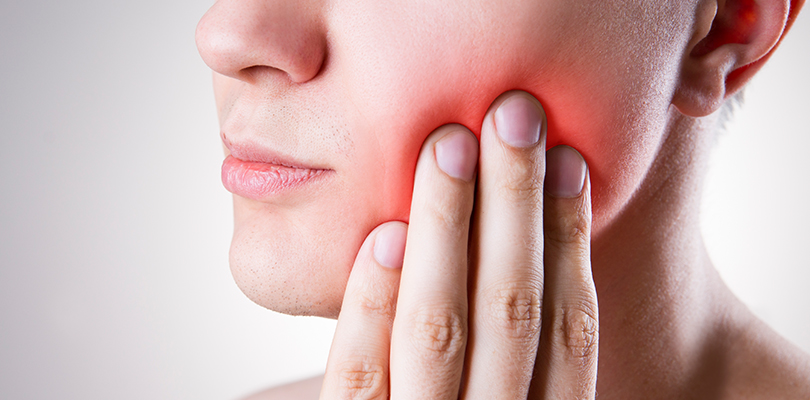A Skipped Beat: The Surprise of Heart Palpitations
“You’re so beautiful my heart skipped a beat.” This line sounds romantic, but if it’s taken literally, this person who missed a heartbeat may suffer from a heart palpitation.
Changes in your heartbeat like this may make you wonder: if your ticker strays from its rhythm, should you be concerned?
What Are Heart Palpitations?
When your heartbeat changes and becomes hard, rapid, or irregular, you are likely experiencing heart palpitations.
An abnormality in the sinoatrial node (the cells that generate electrical impulses in the heart) cause a misfire in the muscle cells and throws off the timing of a regular heartbeat, making it miss a beat, add a beat, or beat at the wrong time.
The palpitations might be a harmless short-term irregularity, but it can also be in indication of a more life-threatening cause.
These misfired heartbeats can be felt in your neck, throat, or chest, and can occur during times of activity as well as downtime. Don’t fret about the effect of these palpitations on the cardiovascular structure, as the irregular beats do not damage the heart itself.
Common Types of Palpitations
- Premature atrial contractions (PAC) happens when the sinoatrial node creates an early heartbeat. The beat is usually followed by a pause so that the node can reset for the next heartbeat. An occasional PAC does not affect heart function.
- Premature ventricular contraction (PVC) is similar to PAC, but instead the early heartbeat is caused by a muscle cell in the ventricle. Heart function is not affected by an occasional PVC.
- Supraventricular tachycardia (SVT) is the blanket term referring to the fast heartbeat generated by a “short-circuit” in the heart’s electrical system.
What Causes Heart Palpitations?
SVT may be the result of stress being present in the body. The heart beats faster to increase the oxygen supply to the body and can be brought out in moments of adrenaline – such as with exercise, illness, or injury.
Palpitations can be triggered by stress, medication, physical exertion, and sometimes due to a medical condition.
Other culprits that can induce heart palpitations are stimulants like caffeine or nicotine, anxiety/panic attacks, hormone changes in women (such as pregnancy or menopause), depression, or an imbalanced level of the thyroid hormone in the body due to hyperthyroidism or hypothyroidism.
Symptoms of Heart Palpitations
A change in rate or rhythm of the heartbeat occurs which is the palpitation itself. There is a sensation of irregular beats or beats that are more forceful than normal.
Related symptoms are anxiety, chest pain (or fluttering sensation), and dizziness. Heart palpitations may be present but may not be associated with heart disease.
Other palpitations can be the result of an arrhythmia, which is a heartbeat that is too fast or slow, irregular, or occurs too early.
The different types of palpitations are described based on where they physically occur in the heart, their frequency, the presence of regular or irregular rhythm, and if they are constant or stop of their own accord.
Types of hearing loss can be auditory processing disorders, conductive, sensorineural, idiopathic, or mixed. Learn about hearing loss here.
How to Treat Heart Palpitations
It’s important to take any conditions or abnormalities with your heart seriously.
For those who suffer from frequent palpitations, you may need to undertake some heart-monitoring tests so your physician can see what’s going on with the muscles in the heart.
Your doctor may outline a nutrition plan to boost heart health.
Persistent heart palpitations may be addressed with a medical prescription for beta blockers, anti-arrhythmic drugs, calcium channel blockers or catheter ablation.
Most palpitations can be reduced without medication or surgery and changing aspects of your lifestyle to promote heart health and general wellbeing.
When to Worry About Heart Palpitations
Infrequent palpitations in healthy hearts which only last a few seconds are generally harmless.
Prolonged palpitations which come with chest pain, dizzy spells, inability to catch your breath, and fainting should be addressed by a medical professional immediately.
If you have never had a palpitation before, or they start occurring more often or with more severity, you should also schedule an appointment with your doctor as soon as possible.
If there is a history of heart disease in your family, issues with your heart should not be ignored.
How to Stop Heart Palpitations
Palpitations which arise due to stress can be minimized with relaxation techniques.
- Avoid stimulants like caffeine and nicotine.
- Be sure to get adequate sleep to allow your body to reset and start the day without feeling run down.
- Take care of your body and make sure you get adequate exercise. If you strengthen your cardiovascular system, your heart will beat more efficiently and may reduce future palpitations.
- A few tricks are utilizing what yogis refer to as the ujjayi breath—an audible deep breathing technique that mimics the ocean.
How Long do Heart Palpitations Last?
The frequency of palpitations hits a broad range. An episode can be over in a matter of seconds, or they can frequently reoccur over a period of days. If your palpitations last longer than a few seconds, contact your physician.
Think of your heartbeat like a drummer. Even a great drummer can be offbeat occasionally—the important thing is that they keep making music. Keep note of any irregularities to your heartbeat and if there is anything worrisome or problematic, consult your physician right away.
Keep your heart happy and healthy with proper nutrients and lifestyle choices and you may notice a decline in those heart palpitations.







